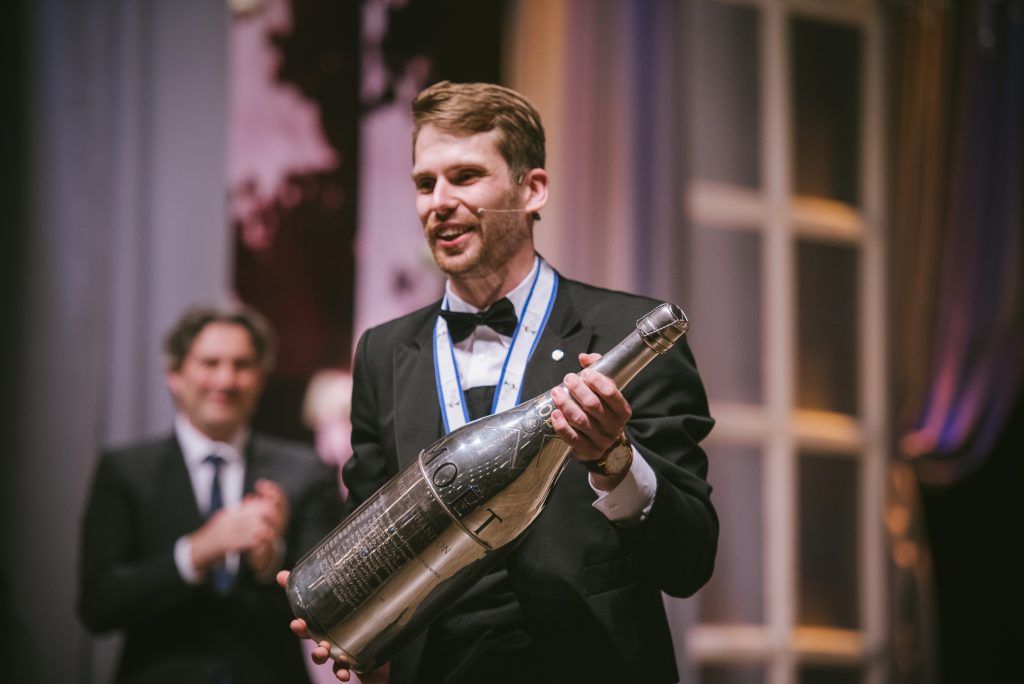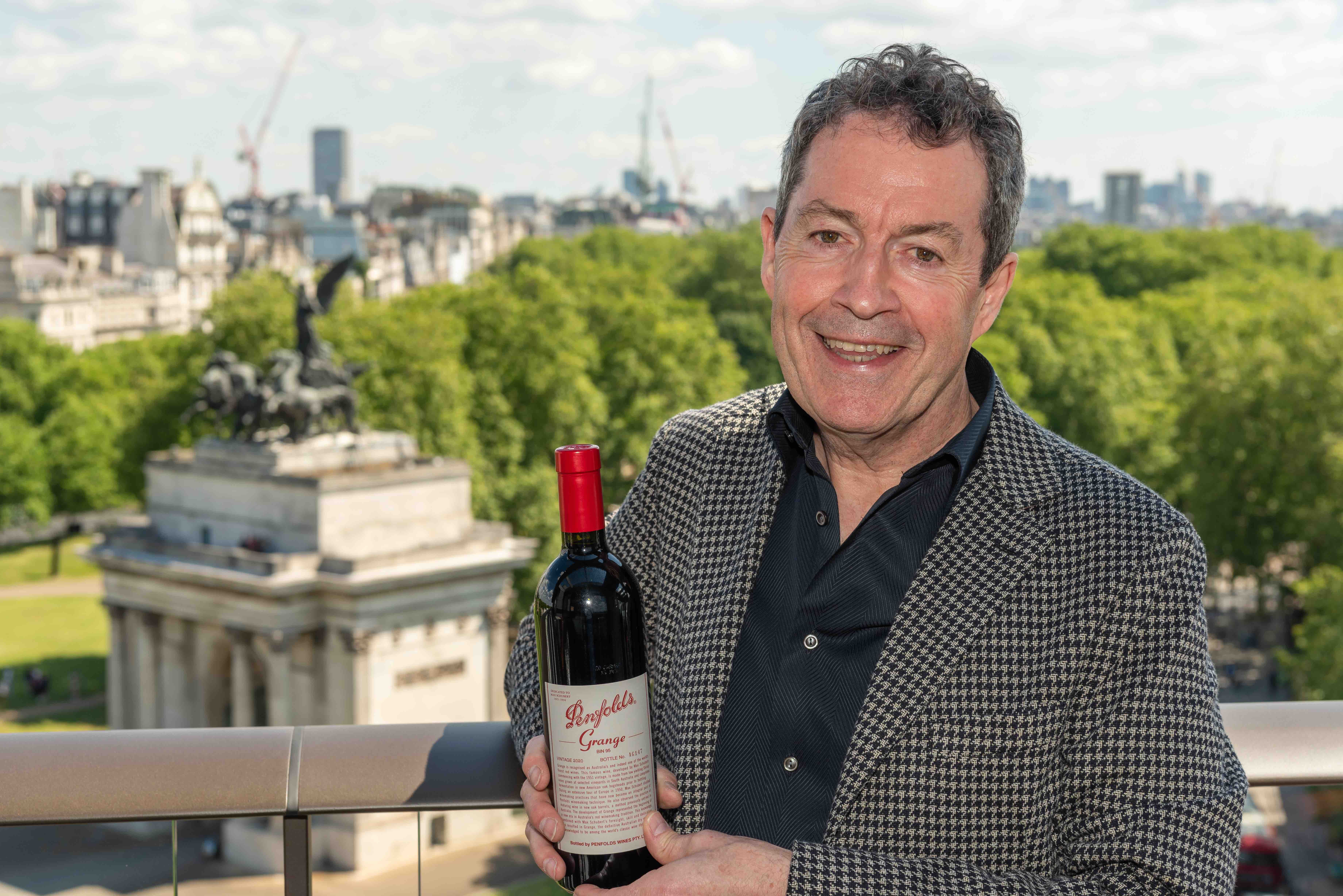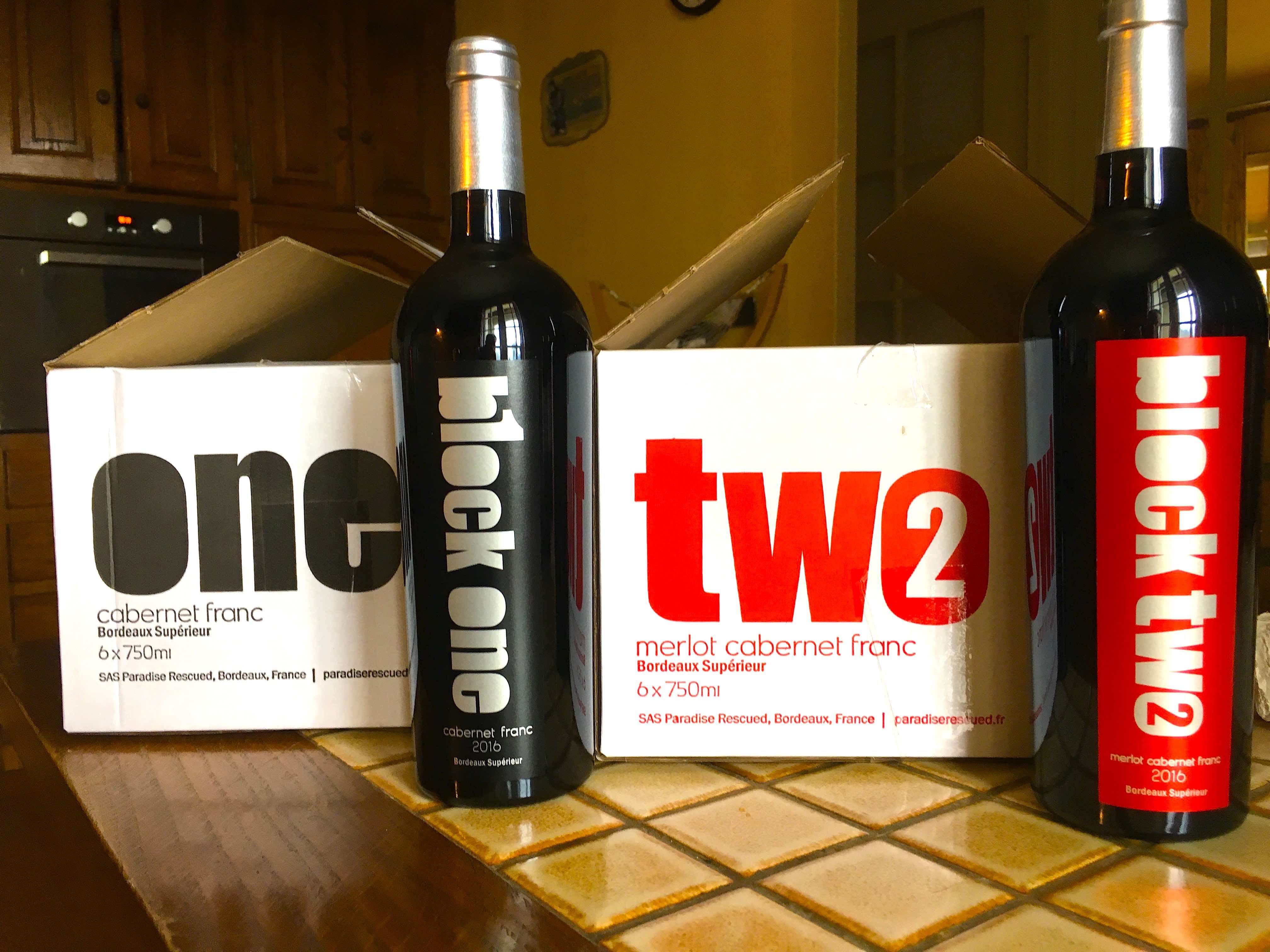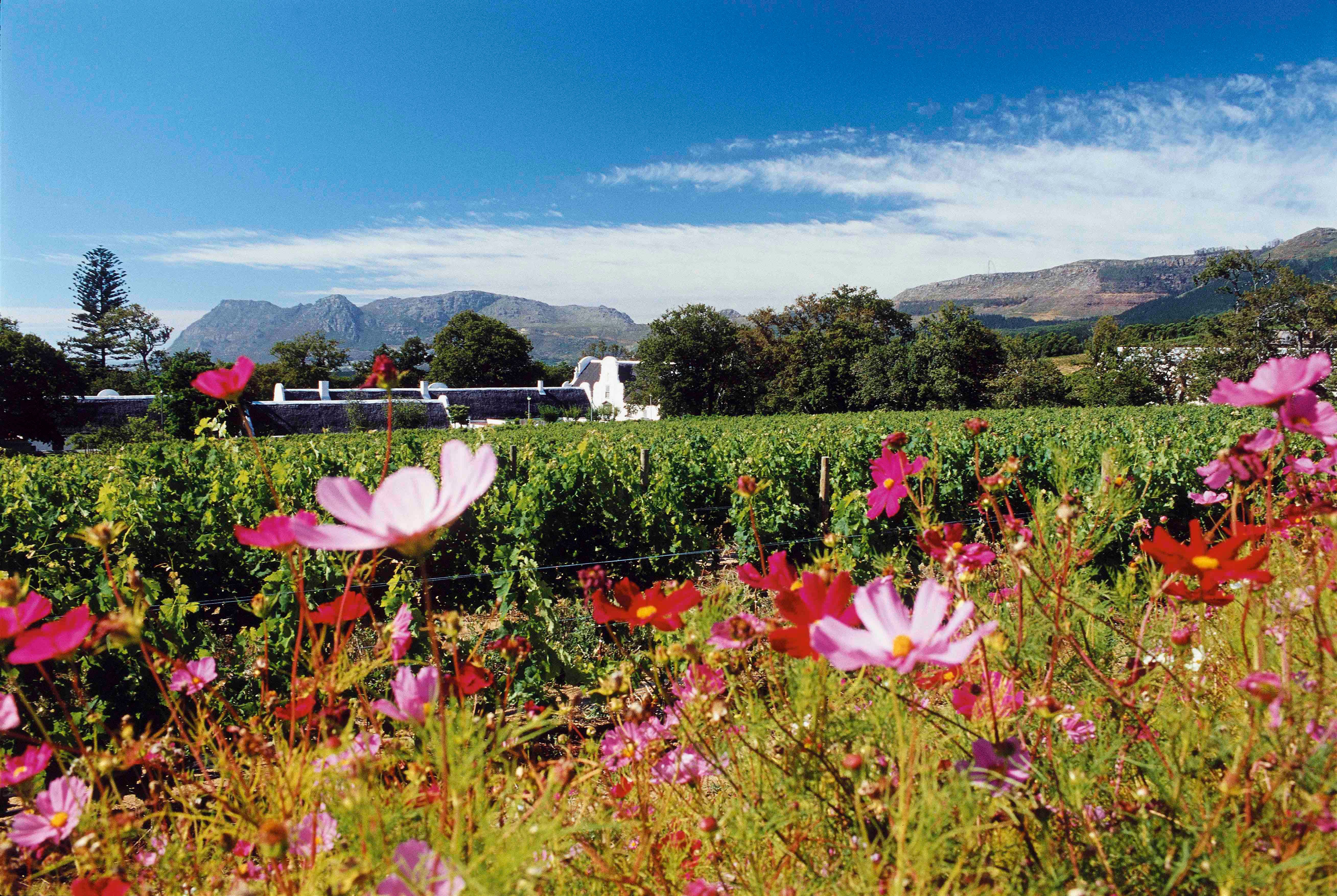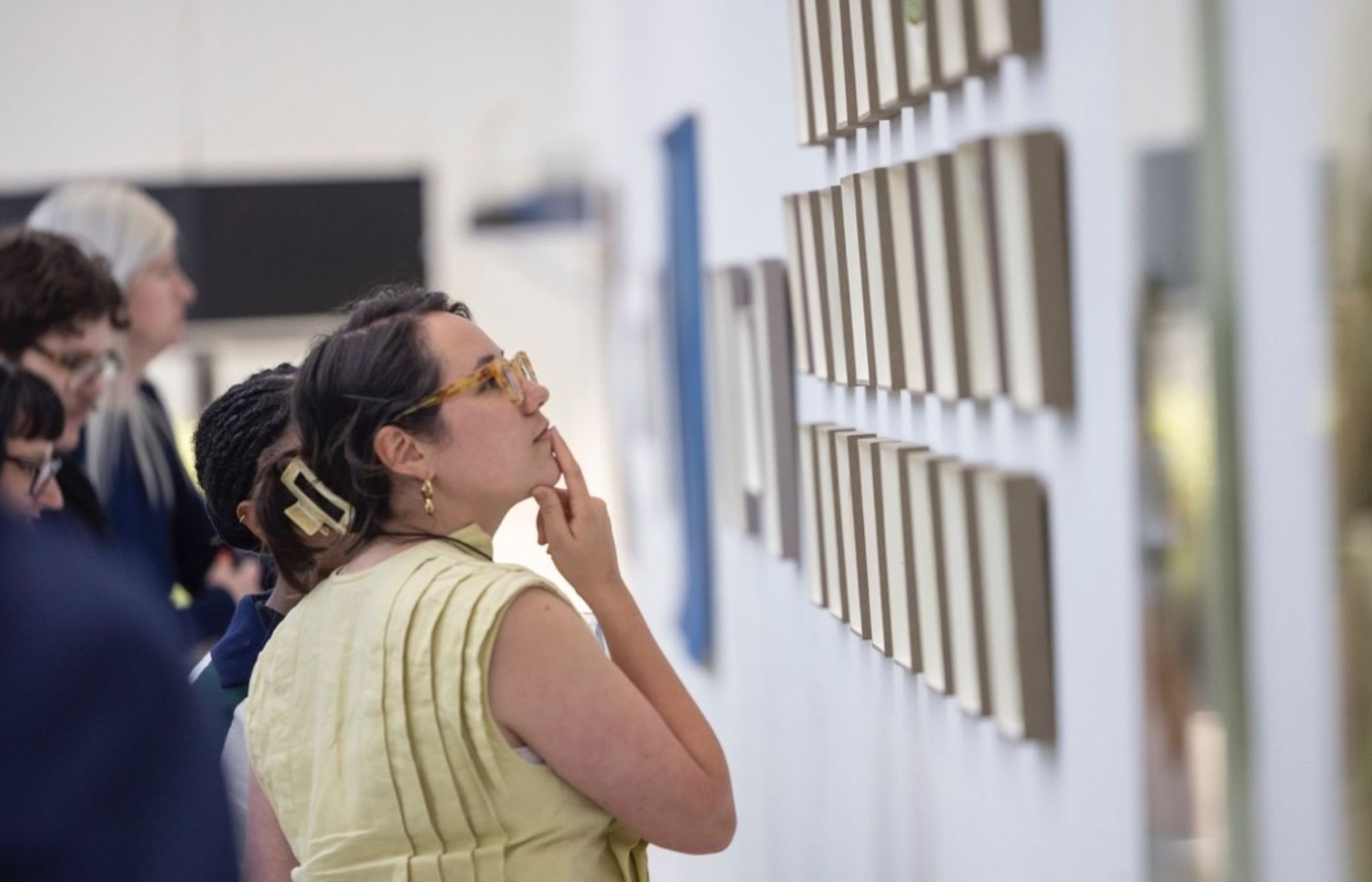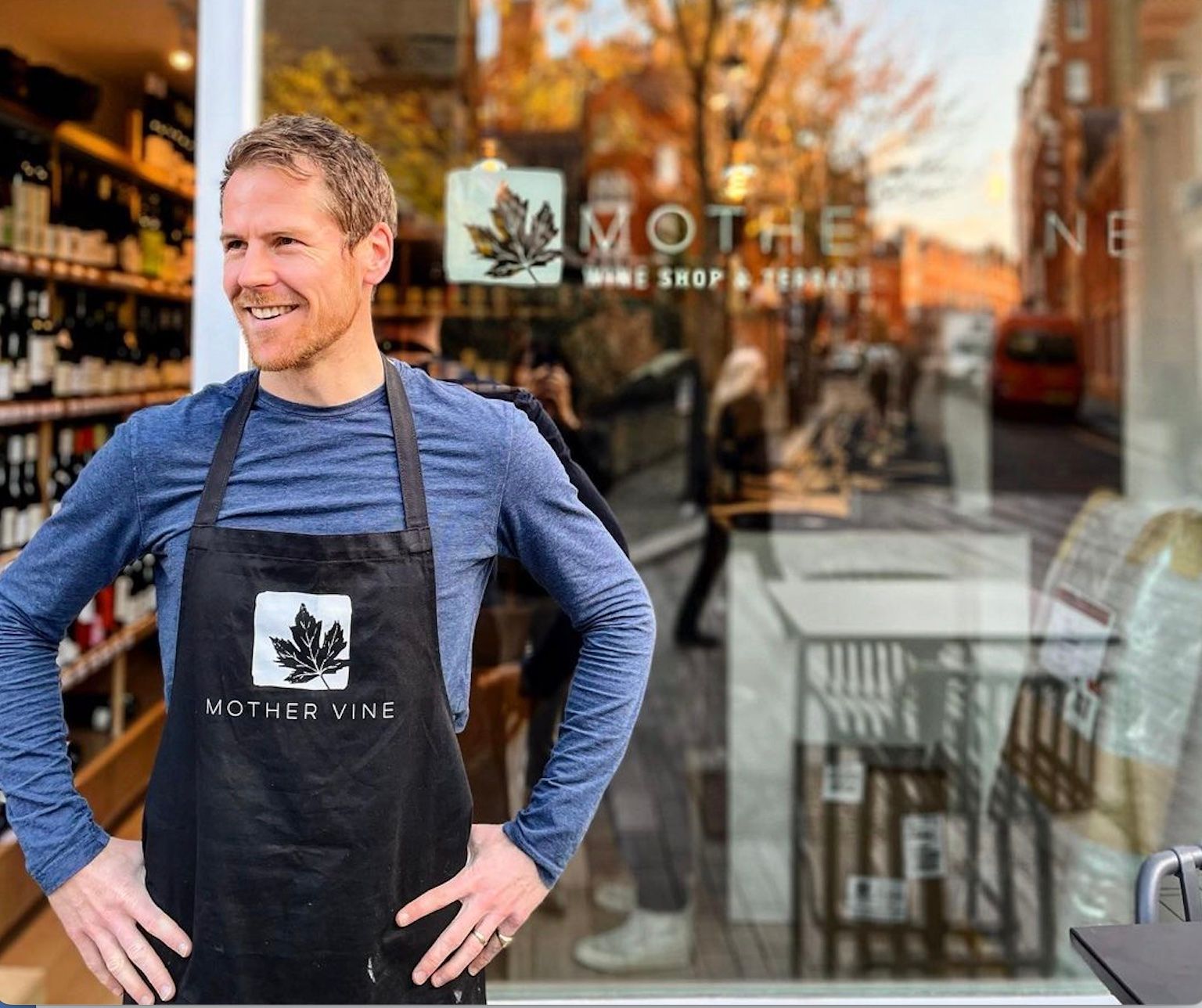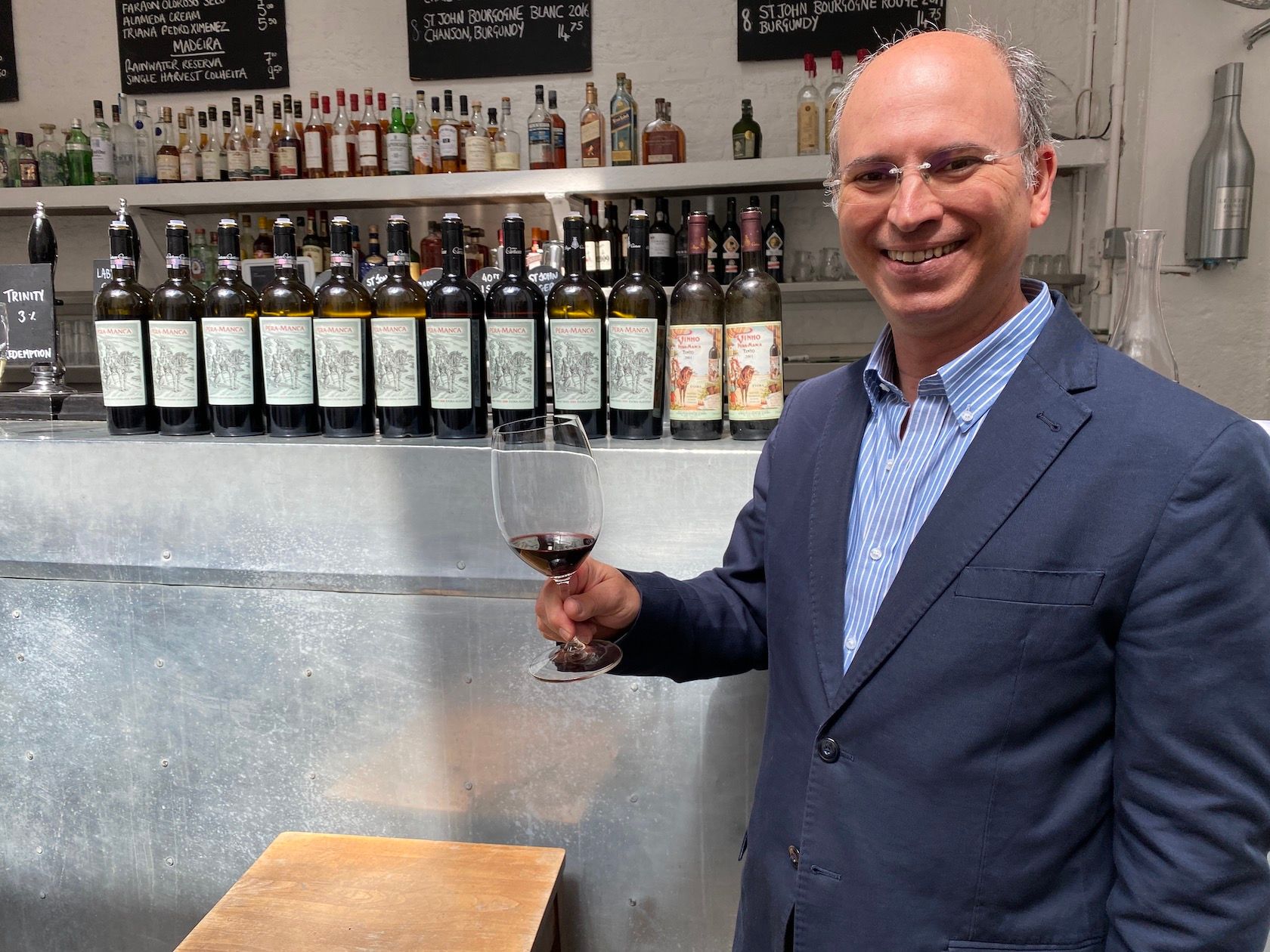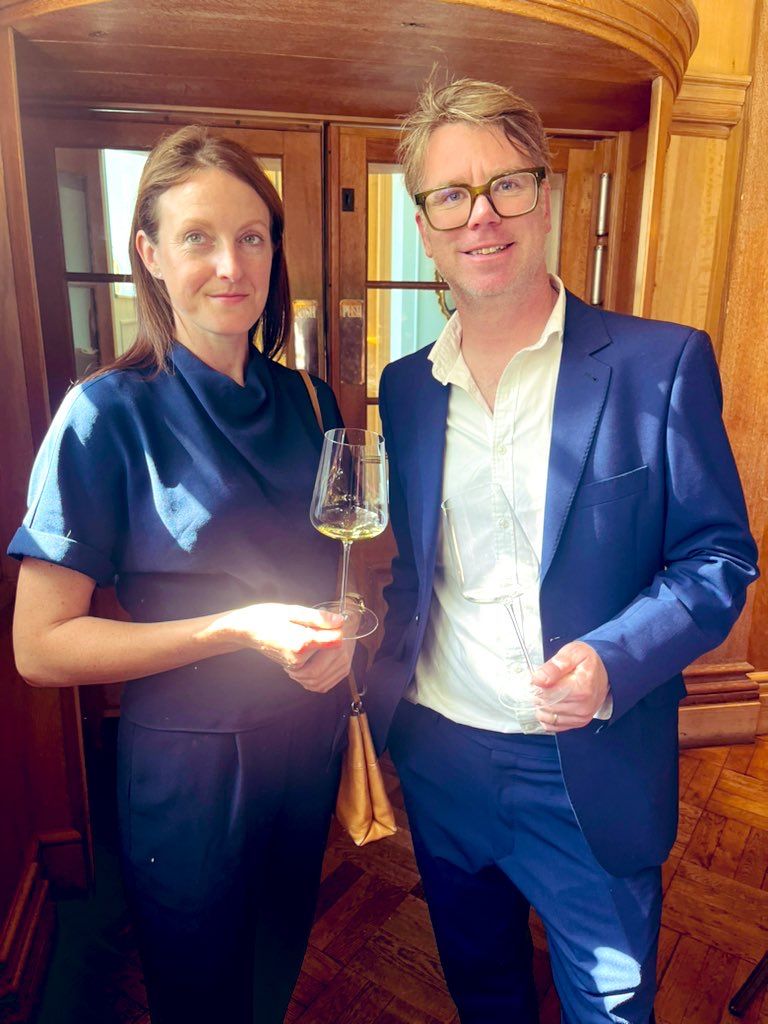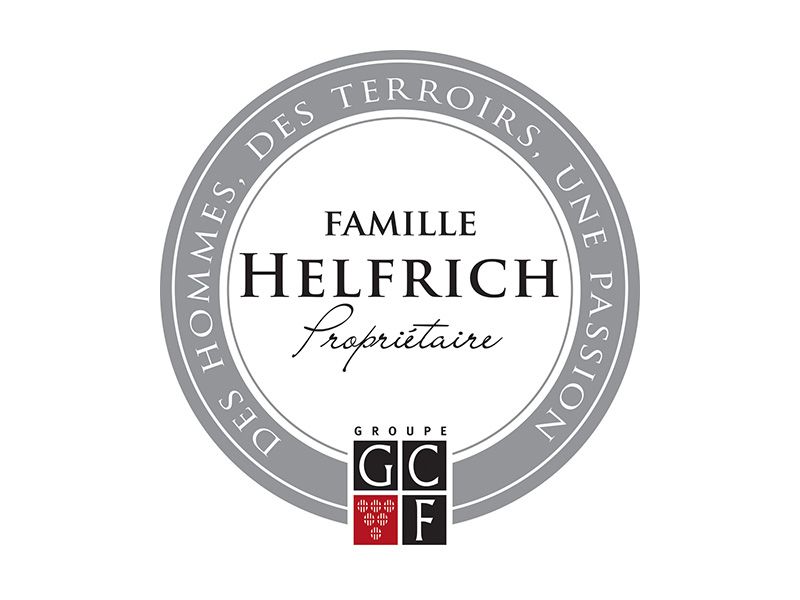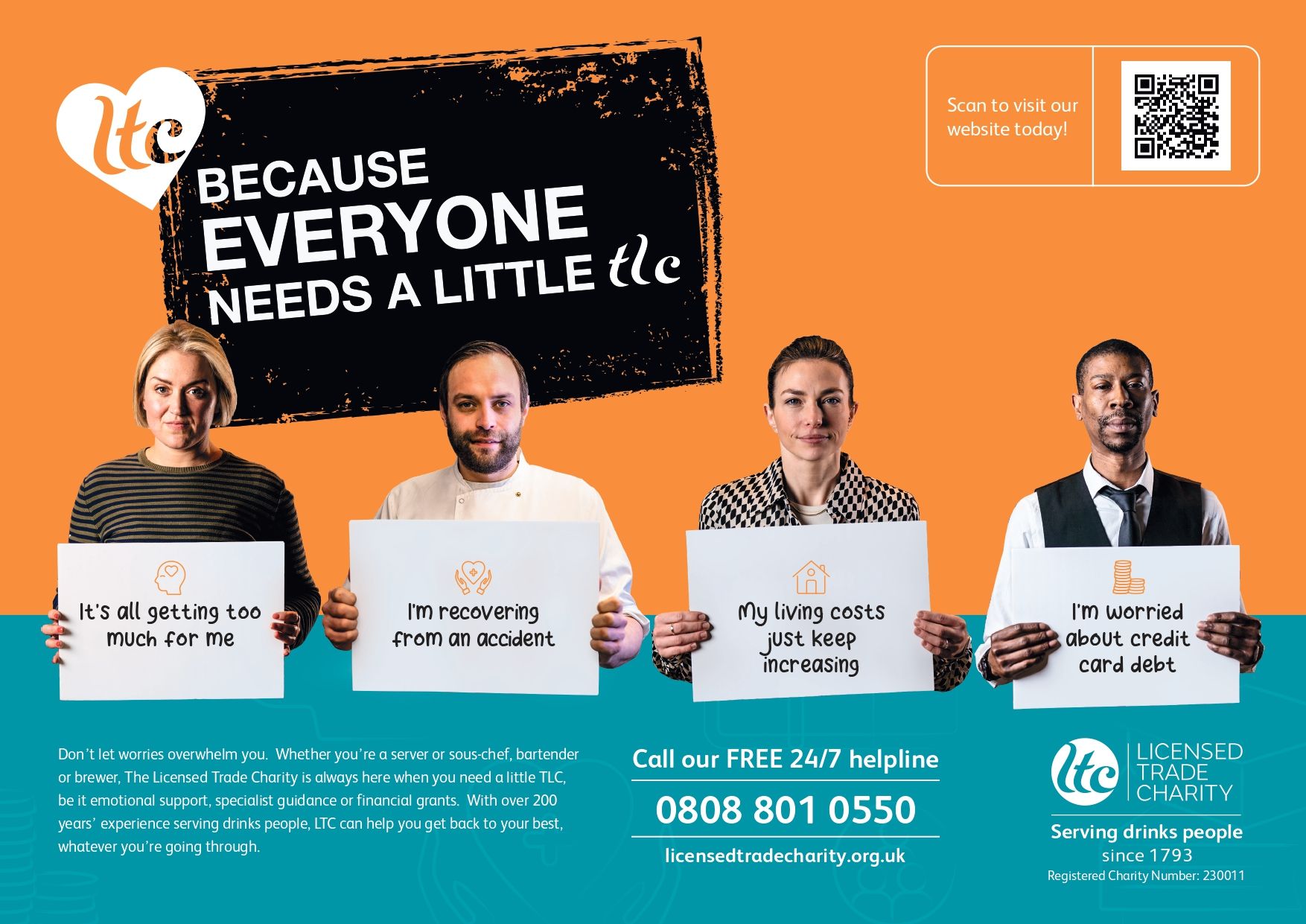In the first of two articles, Best Sommelier in the World, Arvid Rosengren, talks about his inspiration to become a sommelier and his likes, dislikes and outstanding ambitions in wine and spirits.
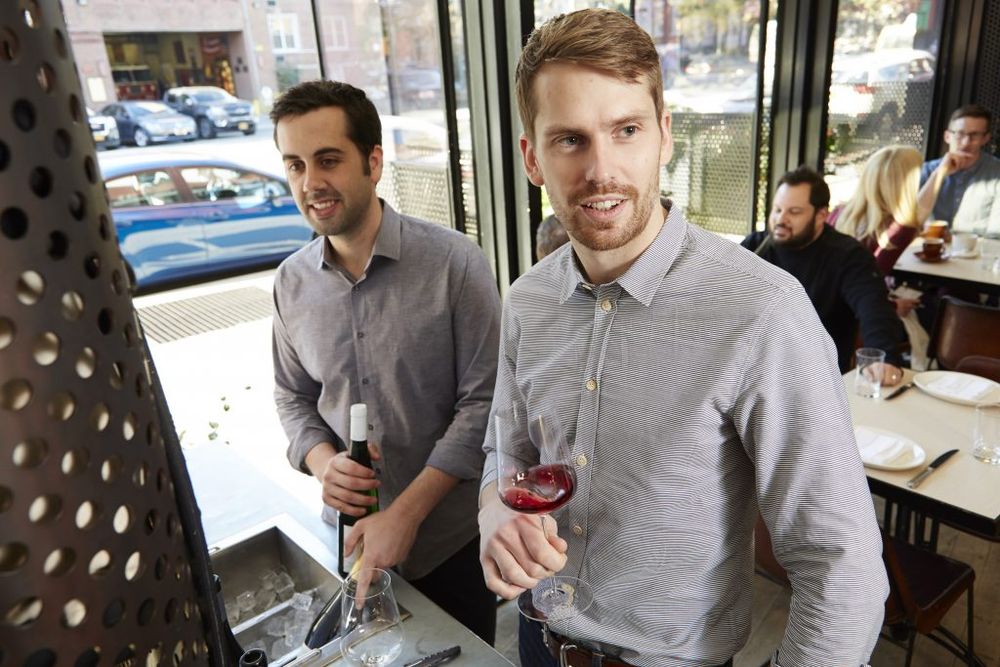
Arvid Rosengren at home in New York at the Charlie Bird restaurant
Why did you want to be a sommelier?
This is a long one…
I certainly didn’t grow up in a wine-drinking home, there might have been the occasional co-op Navarra or such, but nothing fancy. We always enjoyed cooking though, and I always remember us at the table discussing what the meal next day would be.
I cooked from an early age, out of necessity (my mother’s a nurse and when she worked night shifts I had to take care of my younger brother and sister – I make a mean bolognese!).
But I also cooked out of interest. I worked in (very low key) restaurants from the age of 15, but mostly in the kitchen. But I did a little too well in school to go down that route. In university (Nanotech engineering) most of my friends were a couple of years older and we again enjoyed trowing dinner parties with good beer and wine.
A friend got me a job over summer break at a wine shop, and I dived in deep, at first to be able to answer questions, but also because I genuinely found wine so enthralling.
Meanwhile I was going through a bit of a crisis and decided that spending my life in a lab coat or running simulations wasn’t going to make me happy, so I took a hiatus, which I’m still on so to speak. Eventually my colleagues convinced me that if I really wanted to get into wine I needed to try the sommelier route. I went to culinary school and staged my ass off at various places, and graduated in 2008. I’ve never looked back. Sommeliers might not be saving lives, but it’s a wonderful thing to be able to work with you passion, all the while making your guests experiences a little bit better, and to get that instant feedback from them.
Who was your inspiration to become a sommelier?
I’ve had various mentors throughout my career, but someone I’ve always looked up to, from afar (I staged at Hôtel du Vin in 2007, but that was after he had sold his share) is Gérard Basset MW, MS. He is the world’s most merited sommelier by far, but the way he carries himself, with such humility and without ego, is a huge source of inspiration for me.
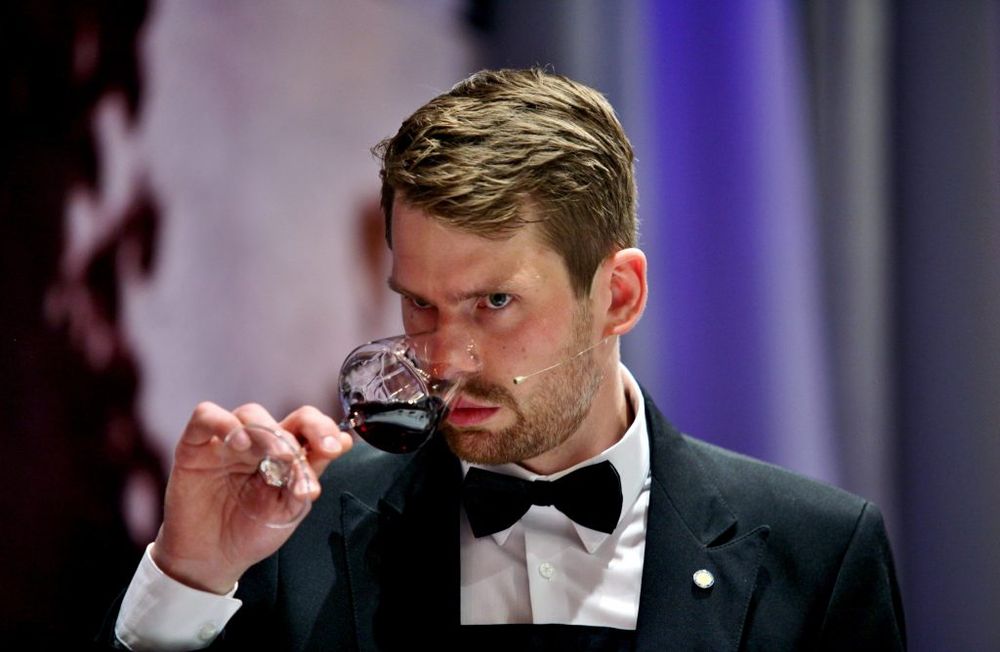
Rosengren taking part in one of the many blind tasting tests in the final
What do you see as the most important skills a sommelier can have?
Passion, knowledge and humility, in equal measures.
How has the role of the sommelier evolved?
Some of the most interesting restaurants from a wine drinker’s perspective are now really casual friendly places, without ironed linen and sommeliers in black suits, without diminishing the quality of the service. I think that’s a great thing, and has the ability to engage a younger generation too.
What makes the right kind of background to be a good sommelier?
I think it’s great to know something else too, whether that’s art, literature or science or something entirely different. First and foremost this is a guest relations job where an ability to engage and enthral guests is paramount. Being able to talk about something other than the product is really helpful then.
What is your approach to matching food and wine?
At a restaurant I used to work at we tasted 100+ wines to find the right five or six for a wine pairing menu. It was such an effort and in the end, people still preferred something entirely different, taste is so subjective! Today, I believe that the most important thing is avoiding disasters, which after a while in the business becomes second nature. From there on, I’m a believer in simple combinations and not obsessing about it.
If you could only have one white wine and one red wine for rest of life what would they be and where would they come from?
You’re likely to get a different answer to this question day-to-day. Right now, on a hot pre-summer New York afternoon, I could go for some great, zesty Riesling, maybe a Saar Kabinett with some age on it, and I’d keep a bottle of good red Burgundy on hand for when the sun sets
* You can see Rosengren taking part in many of his challenges at the Best Sommelier of the Year final at The Buyer’s You Tube channel. Here’s him taking part in one of the blind tasting challenges. Excuse our distant vantage point!
